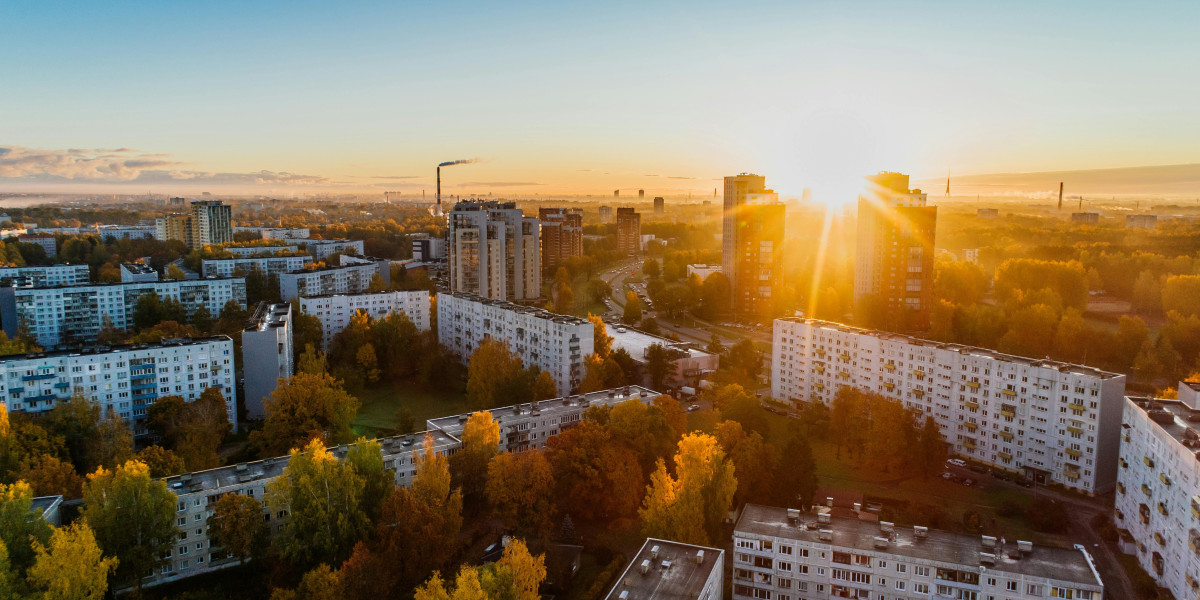UAE: The Superpower in Real Estate Dubai and Abu Dhabi, in particular, continue to lead the Gulf's real estate boom. With villa and apartment sales up over 18% year-over-year in Q2 2025 due to foreign demand, residency reforms, and zero income tax, Dubai's property market reached record highs. Through eco-friendly urban planning and government-led housing programs, Abu Dhabi is expanding its residential offerings. Hot topics: AI-based building management and smart homes Visa incentives with a long-term tie to property ownership Increasing demand for branded homes and mixed-use communities
Saudi Arabia's Housing Revolution Is Fueled by Vision 2030. Saudi Arabia is changing its real estate policies and urban infrastructure as part of Vision 2030. The kingdom's massive housing projects are being driven by the government's focus on national homeownership—70 percent by 2030 is the goal. The main developments: NEOM is a futuristic city with neighborhoods with tech integration and zero-carbon zones. Roshn is a residential developer supported by the PIF that is building thousands of affordable homes.
As it gets ready to host global headquarters and tourism events like Expo 2030, Riyadh's real estate market is booming. New legal frameworks and incentives are also making it easier for foreign investors to get into the market. Oman, Qatar, and Bahrain: Mid-Sized Market Niche Growth Qatar is promoting luxury real estate, particularly in Lusail and The Pearl, by leveraging its World Cup legacy. Bahrain’s property sector is showing signs of recovery, supported by expat-friendly policies and infrastructure growth.
Oman is promoting integrated tourism and residential zones like Madinat Al Irfan, appealing to mid-income buyers and retirees.
GCC Real Estate Attracts the World's Foreign Investment The real estate markets in the Gulf are increasingly attracting international capital. Among the main reasons are: environments that are tax-friendly currencies that are stable and tied to the US dollar Golden Visa and residency programs for homeowners Political stability and strong legal protections in the UAE and Saudi Arabia
In 2025, investors from Russia, China, India, and Europe are increasing their real estate portfolios in the region.
Sustainability and Smart Cities Sustainability and smart infrastructure are defining the next phase of Gulf real estate, from the Dubai 2040 Urban Master Plan to Saudi Arabia's smart city. NEOM: Green certifications, solar integration, and smart building technology are common in new projects. Building management and demand forecasting are being aided by AI and data analytics. Car-centric sprawl is being replaced by walkable, green cities. Market Overview in 2025:
Market Average Price Growth Year-over-Year Investor Focus Luxury villas and apartments in Dubai by +18% Riyadh +12 percent Housing, hospitality, and 8% more waterfront properties in Doha 6% more mixed-use developments in Manama
What Comes Next? Real estate will continue to be a crucial growth engine as Gulf economies become more urbanized and diversify. With a young population, tech-savvy planners, and billions in public and private investment, the GCC’s property sector is poised to continue its upward momentum well into the next decade.







